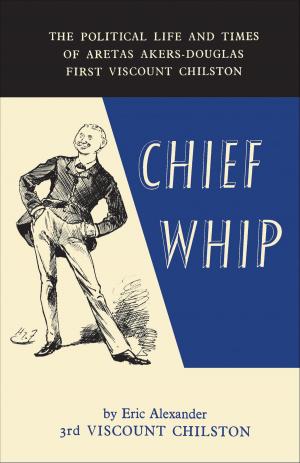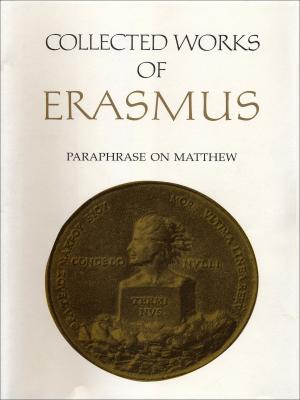Certain Sermons or Homilies (1547) and a Homily against Disobedience and Wilful Rebellion (1570)
A Critical Edition
Nonfiction, Religion & Spirituality, Christianity, Christian Sermons, Prayerbooks, Church, Church History| Author: | Ronald Bond | ISBN: | 9781442633889 |
| Publisher: | University of Toronto Press, Scholarly Publishing Division | Publication: | December 15, 1987 |
| Imprint: | Language: | English |
| Author: | Ronald Bond |
| ISBN: | 9781442633889 |
| Publisher: | University of Toronto Press, Scholarly Publishing Division |
| Publication: | December 15, 1987 |
| Imprint: | |
| Language: | English |
Along with the Book of Common Prayer and the Articles of Religion, the first book of homilies (1547) is the major legacy of the Edwardian Reformation. Its twelve sermons articulated a doctrinal standard, assisted the parochial clergy in their preaching, and served the religious establishment as a means of propaganda. The sermons are plain but sophisticated expression of the interests of the early protestants in England. They are concerned with not only the primacy of the Bible and the relationship of faith to good works, but also matters of Christian conduct such as sexual morality, swearing, the attitude to death, charity, and obedience. Since they were required reading from most English pulpits these homilies were probably heard by writers as different as Shakespeare, Spenser, and Donne and eventually influenced John Wesley in the eighteenth century, and Samuel Taylor Coleridge and Cardinal Newman in the nineteenth.
The first book of homilies was joined by a second in 1563 and by the long, polemical homily against rebellion. The introduction traces the development and decline of interest in the homilies both as aids for preachers and as statements of reformed doctrine. In addition it analyses the themes, organizations, and styles of the homilies presented. The text preserves the original spelling and is accompanied by brief explanatory notes and a critical apparatus.
Along with the Book of Common Prayer and the Articles of Religion, the first book of homilies (1547) is the major legacy of the Edwardian Reformation. Its twelve sermons articulated a doctrinal standard, assisted the parochial clergy in their preaching, and served the religious establishment as a means of propaganda. The sermons are plain but sophisticated expression of the interests of the early protestants in England. They are concerned with not only the primacy of the Bible and the relationship of faith to good works, but also matters of Christian conduct such as sexual morality, swearing, the attitude to death, charity, and obedience. Since they were required reading from most English pulpits these homilies were probably heard by writers as different as Shakespeare, Spenser, and Donne and eventually influenced John Wesley in the eighteenth century, and Samuel Taylor Coleridge and Cardinal Newman in the nineteenth.
The first book of homilies was joined by a second in 1563 and by the long, polemical homily against rebellion. The introduction traces the development and decline of interest in the homilies both as aids for preachers and as statements of reformed doctrine. In addition it analyses the themes, organizations, and styles of the homilies presented. The text preserves the original spelling and is accompanied by brief explanatory notes and a critical apparatus.















